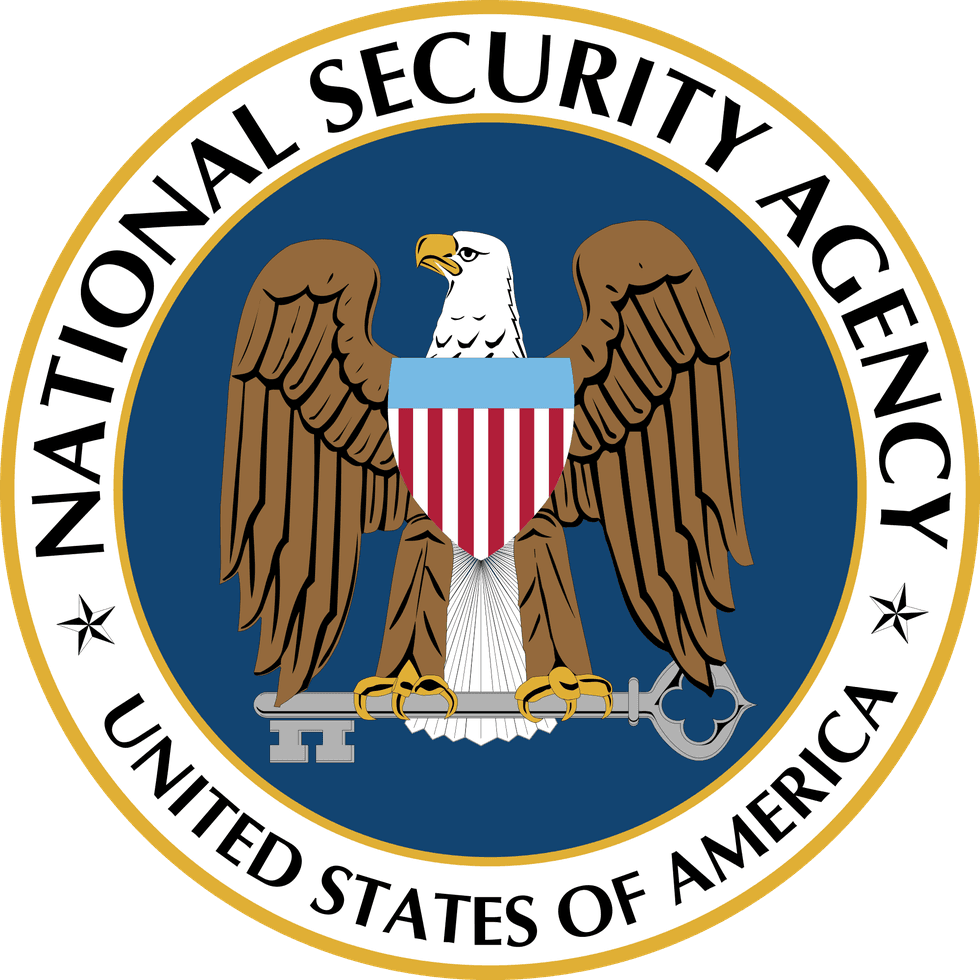This weekend, the movie "Snowden", starting Joseph-Gordon Levitt, is coming out into (select) theaters. In light of this undoubtedly important film and the story it tells, I spent my time poring over why exactly the infamous NSA was founded, what Snowden had to do with it, and just how much unrestricted access the government has to our personal computers, phones and tablets. What I uncovered left me both horrified and appalled.
The United States National Security Agency (or the NSA) was formed in order to “collect (including through clandestine means), process, analyze, produce, and disseminate signals intelligence information and data for foreign intelligence and counterintelligence purposes to support national and departmental missions” (as per the National Security Agency website). After the terrorist attacks of September 11th, the NSA created new IT systems to deal with rapidly growing technologies such as cellphones and the internet. These new programs "mine" (a euphemism for "take without clear consent") all sorts of data from citizens' cell phones, computers, and other personal devices. However some of these proposed systems offered a built-in encryption functionality, which would secure the mined data in a sort of unreadable code that could only be decoded with a warrant. The NSA, unfortunately, opted not to use such a protocol.
Despite the obvious anger that stems from citizens after hearing about NSA’s complete disregard to privacy, they acted in the face of a present danger. The issue is, the “present danger” named by the United States was the act of terrorism itself. This vague declaration was part of the “war on terror”, a controversial topic in it of itself. Overall, while the National Security Agency did seem to be violating the rights of United States citizens through their indifference to privacy, it seemed as if they were acting out of fear of continued acts of terrorism and responded to it immediately.
In June 2013, however, a former system administrator for the Central Intelligence Agency, Edward Snowden, leaked a multitude of sensitive information on the National Security Agency and the United States government. Upon receiving this information, disfavor of the National Security Agency increased by tenfold, as people realized just how much access the agency had to their digital lives. The United States responded by charging Snowden with with theft, unauthorized communication of national defense information and willful communication of classified communications intelligence information to an unauthorized person. This only increased the hostility and controversy, with some citizens backing Snowden and calling him a hero, while others called him a traitor to his country. Regardless of the general public’s opinion of Edward Snowden, the information he presented undoubtedly put the National Security Agency in a bad light. It became clear that the agency was abusing their espionage powers, with some members even reportedly utilizing the tools entrusted to them to spy on their lovers. No longer was this a matter of protecting the United States from potential terrorism, citizens had ceased to feel safe in their own country as a direct result of the powers obtained and abused by the National Security Agency.
The future of this issue looks grim. Despite the animosity generated by the general public to the National Security Agency, there is little United States citizens can actually do to put a halt to this overboard data mining. Even the President of the United States, Barack Obama, has denied the National Security Agency overstepping its boundaries, despite it being painfully obvious that that could not be further from the truth. I doubt this issue will be solved any time soon, as the organizations in question are simply too powerful to be touched.





















